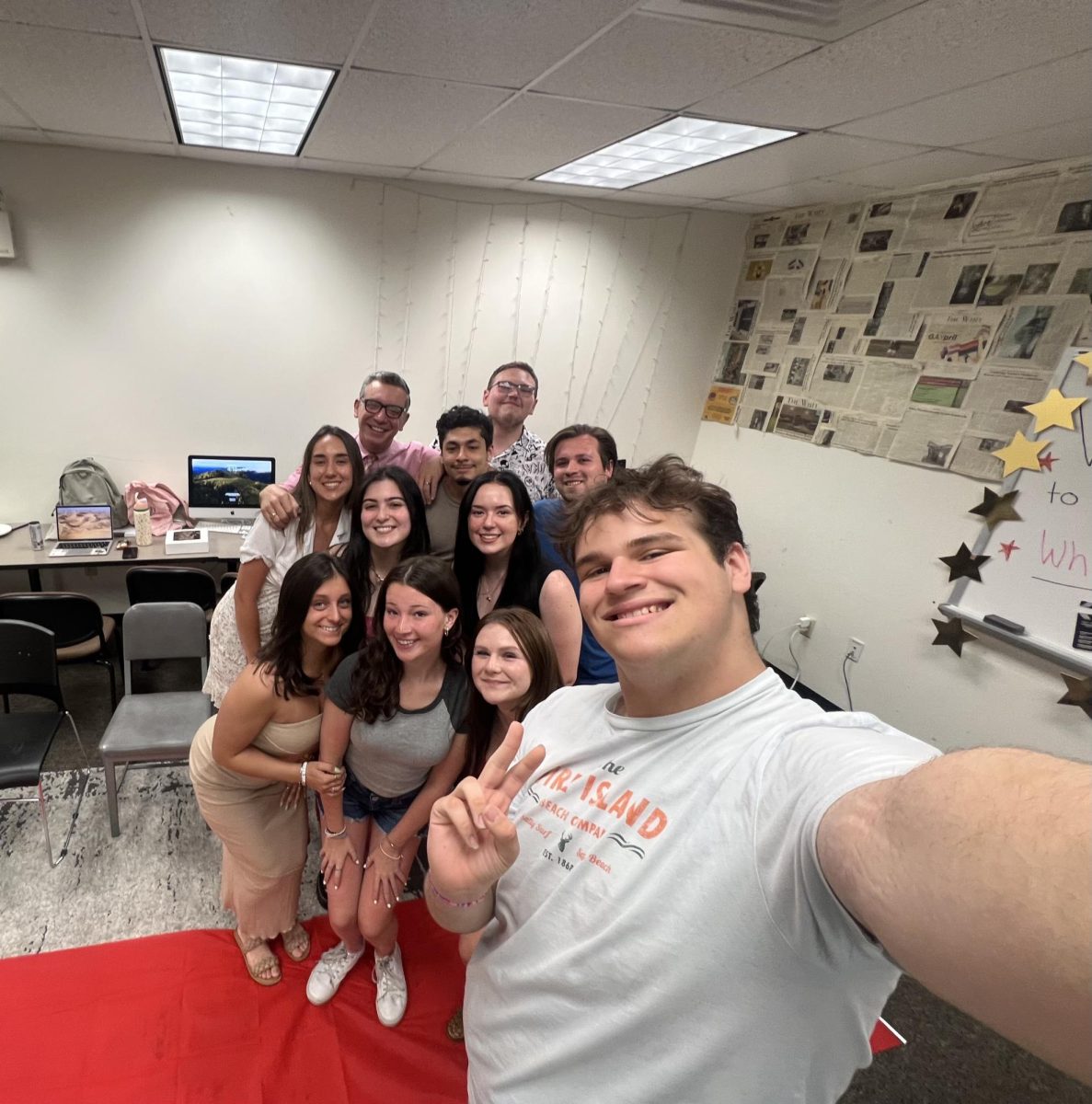Since its creation in 2010, Instagram has evolved from a space where users could keep up with friends and local acquaintances in their free time, to a platform where million-dollar careers have been born. Quite literally, Instagram has done a 180, shifting from thoughtless, candid, casual photographs to an opportunity for sponsored posts, collaborations and internet fame.
With social media’s switch from a mindless hobby to a potential career, users have quickly realized that with followers, comes the opportunity for monetary gain. The appeal is not too hard to understand: a substantial sum of money is paid depending on follower count and engagement. The posts vary with selfies, pictures with others, using or wearing specified products or attending certain events.
Users with followers in the hundreds of millions can charge upwards of $1 million for a post to their Instagram feed. Yes, a single, 5-second post, for some, pays more than a full-time career does for others in an entire year.
In the last decade, social media stardom has a chokehold on the career pursuits of young adults; as if you’ve only truly “made it” if you’ve made it online.
According to a 2019 study conducted by the Morning Consult, 86% of young adults surveyed have aspirations for a career in the social media sphere. Although, that number has likely grown in recent years. Generation Z’s reasoning for their internet goals varied, with over 50% describing it as “fun” work, 55% drawn to the “flexible hours” and, of course, the pay was another motivator.
On the surface, a career in influencing the public appears to be everything that a traditional career is not: creating your own hours, getting paid to vacation and making thousands of dollars – if not millions – from photographing yourself in merchandise that’s been sent to you for free.
But what if fame and fortune isn’t the end goal? What if happiness, for some, doesn’t look like a certain follower count, brand deal or level of public adoration?
What happened to those of us that wanted to be firefighters or teachers or veterinarians? When did working a nine-to-five become the backup plan or the lesser of our options?
Social media, in all its potential for positive influence, is also a breeding ground for the disease that infects individuality — groupthink.
According to Psychology Today, groupthink occurs when the pressure of conformity influences opinion and decision making, often motivated by “group members valuing harmony and coherence above critical thought.”
Although the phenomenon has a variety of applications in relation to social media, we shouldn’t ignore the ways it has plagued the collective definition of success for an entire generation. It often seems as though a traditional career is seen only as a way to “pay the bills,” as if pursuing a “normal” life is the default option for those who can’t make a career in social media influence. We spend copious amounts of time and money obtaining a degree to chase after a career that isn’t really what we want but, rather, something done until we, too, get our big break – until we “make it.”
The notion that an influening career is the ultimate goal assumes that the average person’s idea of happiness and success is rooted in internet glory and monetary gain rather personal passions, talents or dreams and their ability to be used for greatness in one’s community.
By collectively deciding that social media is now the sole definition of success, we lessen the substantiality of conventional professions, as if to say that there is no glory in a life that doesn’t make you millions or make you known to millions.
The internet has its perks, its opportunities for influence and its own means of providing happiness, but it’s not the only road worth traveling. Success is not only measured by what’s in your bank account, but by what makes you feel inspired, productive and fulfilled.
So, if the internet gives you this sense of fulfillment then run with it. But if it does not, don’t feel lesser for finding fulfillment in other things. We need our teachers, architects and accountants; our nurses, waitresses and journalists. Among all of the decisions life will present and directions you’ll be pulled, don’t let social media fool you — there is nothing wrong or less significant about following a traditional career path.
For comments/questions about this story, tweet @TheWhitOnline.

























































































































































!["Working with [Dr. Lynch] is always a learning experience for me. She is a treasure,” said Thomas. - Staff Writer / Kacie Scibilia](https://thewhitonline.com/wp-content/uploads/2025/04/choir-1-1200x694.jpg)












































